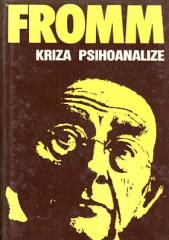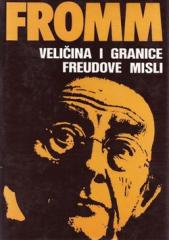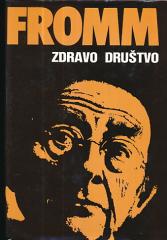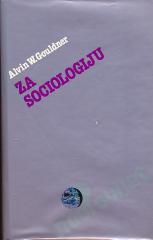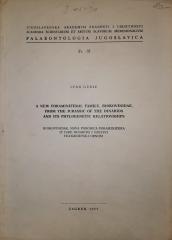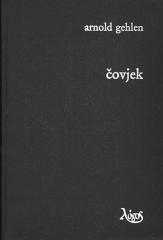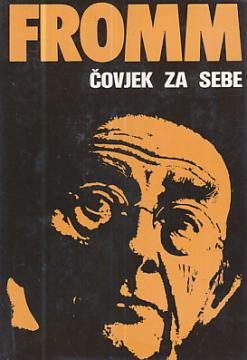
Čovjek za sebe - Istraživanje o psihologiji etike
In the book "Man for Himself", Erich Fromm develops the idea of humanistic ethics as opposed to authoritarian and relativist ethics.
Approaching the problem through a combination of psychoanalysis, philosophy and sociology, Fromm argues that morality should not be based on external authorities (God, society, tradition), but on the inner nature of man. Ethics does not arise from orders, but from man's aspiration to become a fully developed, authentic human being.
According to Fromm, man is neither good nor evil by nature, but a potential that develops depending on social conditions. In a healthy society, ethical behavior arises from love, reason and a productive orientation - the ability to love, create and act in harmony with oneself and others. In contrast, in repressive or alienated societies, people often develop destructive and unethical patterns of behavior.
Fromm particularly criticizes the authoritarian conscience - a sense of guilt based on the fear of punishment - and advocates the development of a humanistic conscience, which arises from the awareness of one's own growth and acting in accordance with inner truth. Ethics, according to him, is a necessary part of spiritual and emotional health.
In conclusion, "Man for Himself" calls for the creation of a society that supports individual freedom, love, and responsibility as the foundations of true ethics.
No copies available
The last copy was sold recently.
